Feed Ingredients
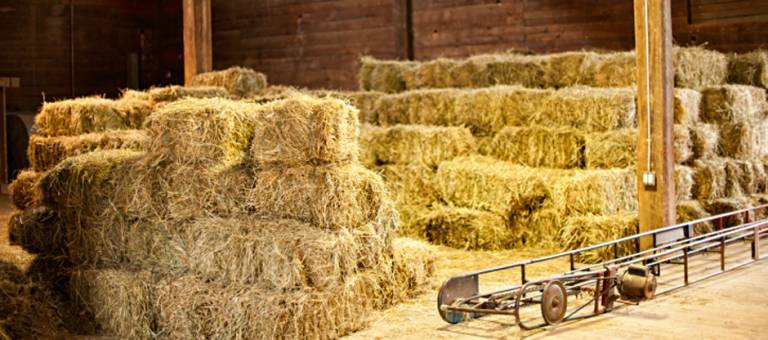
March 03, 2014
Effect of Feeding Moldy Hay or Feed to Horses
Molds may produce toxic secondary metabolites called mycotoxins.
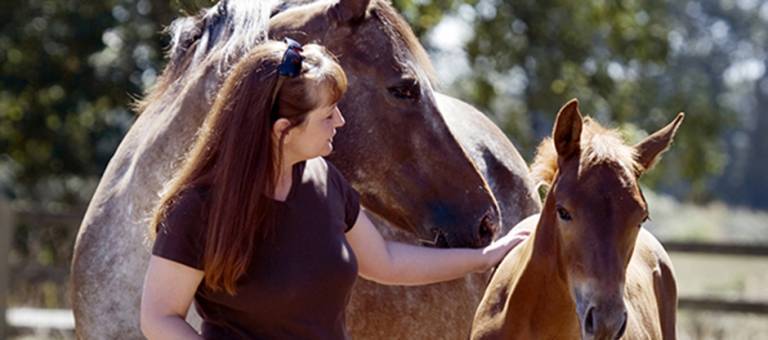
February 21, 2014
Vitamins for Horses
Horses need vitamins A, B, C, D, E, and K for optimal health. The quantities needed are small, but
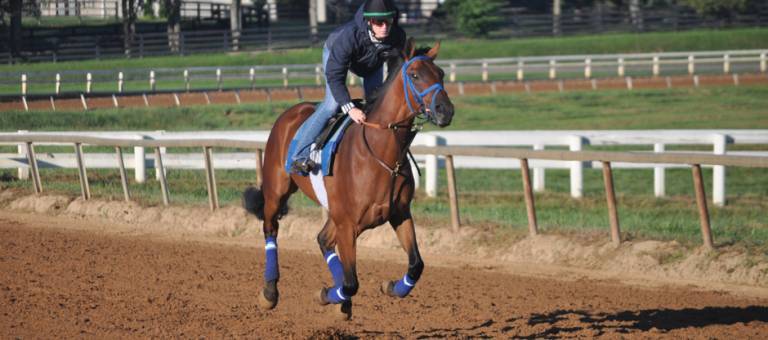
January 31, 2014
Elevated Cobalt Levels Come Under Scrutiny
Cobalt is a trace mineral required by animals for the formation of cobalamin, also known as vitamin B12. Production
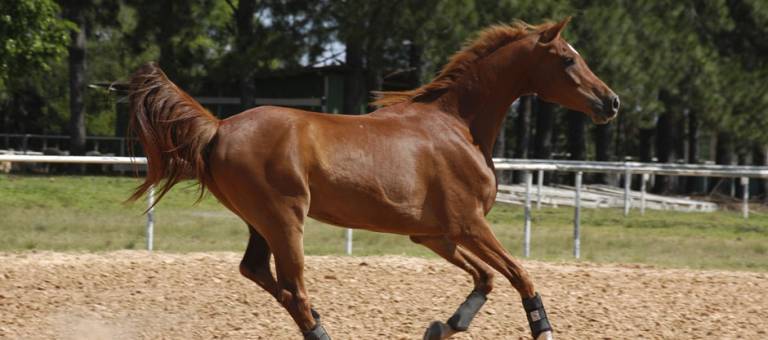
December 24, 2013
Vitamin C in Horse Diets
Vitamin C is perhaps one of the most misunderstood vitamins in horse nutrition. Known also as ascorbic acid, vitamin
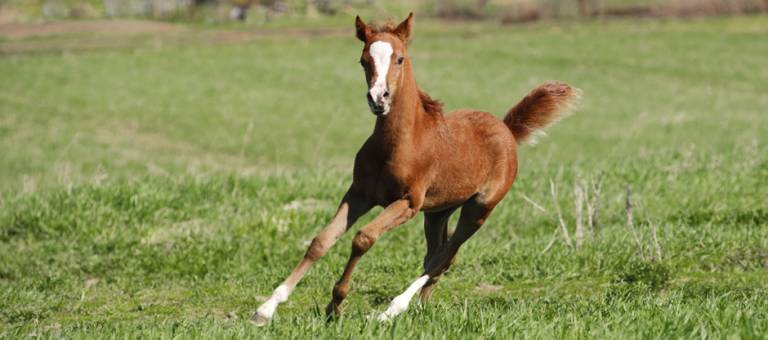
December 20, 2013
Adequate Selenium Intake Guards Against White Muscle Disease in Horses
Selenium deficiency is characterized by white muscle disease in foals. The skeletal muscle is pale to white in color
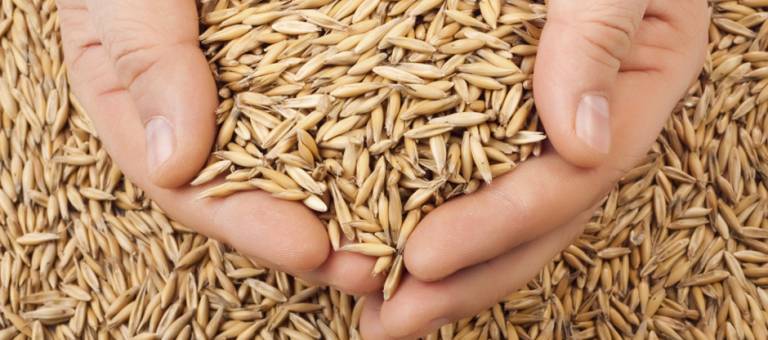
December 18, 2013
The Importance of Weighing Feed
By weighing feeds you not only know exactly how much your horse is getting daily, but also if your
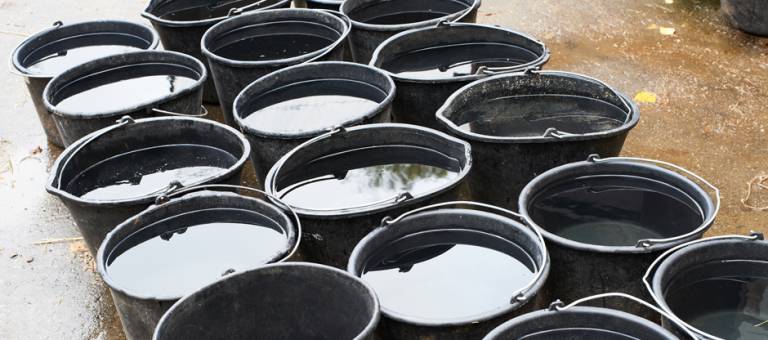
December 11, 2013
Sulfur in Drinking Water for Horses
In some areas of America, water from springs and wells has a discernible rotten-egg smell that indicates the water
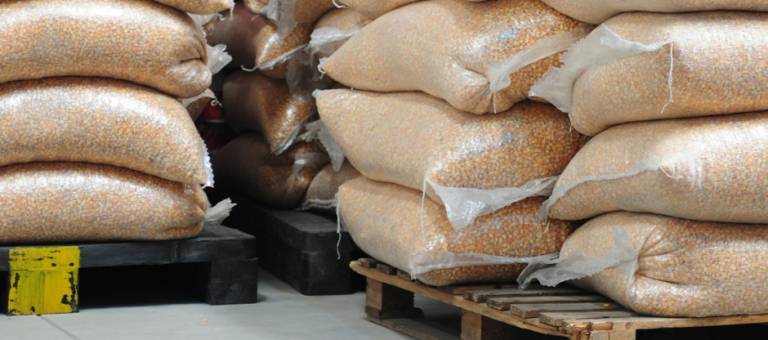
December 02, 2013
Don’t Give Cattle Feeds to Horses!
Cattle feeds may contain ionophores, another ingredient that is dangerous for horses.

October 15, 2013
What Is the Best Fat Source—Corn Oil, Rice Bran, or Dry Fat—for Horses?
This study was conducted to compare the digestibility of several fat sources (dry fat, rice bran, corn oil) and
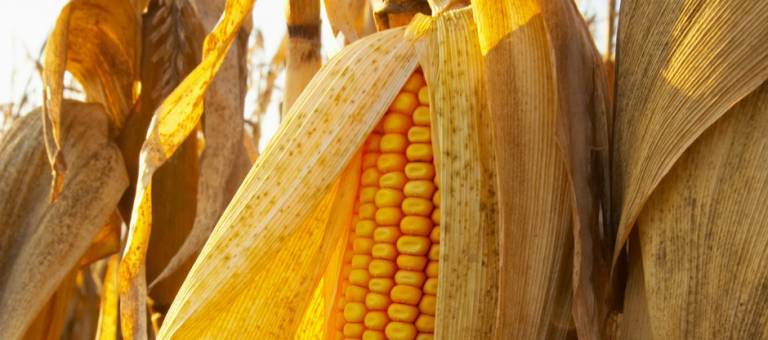
October 08, 2013
Genetically Modified Grains in Horse Feed Products
Growers who sell their harvested crops to feed mills are not required to disclose whether or not the crops







